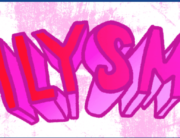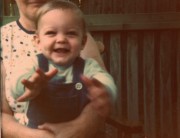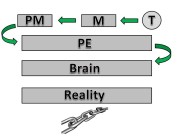A short description of one of the most basic elements of my counselling approach:
Educational Relational Behavior Therapy (ERBT) is built around two pillars: psychoeducation and the principles of rational emotive behavior therapy. However, contrary to the concept of irrational beliefs being the main culprit, the individual is not taught to recognize his or her thoughts or beliefs as illogical or irrational, but inaccurate.
For example, if an individual believed in their core that the next rainfall would result in a catastrophic flood, the most logical response to the next rainfall would be to get to higher ground as quickly as possible. This would be the best way to avoid getting washed away in the flood. To others, the behavior appears illogical because they do not share the belief of the flood. However, no matter how logical and rational the behavioral response, the fact remains that the premise upon which the logic is based is, in fact, inaccurate. Thus we can say that the response is logical but inaccurate.
This may apply to the origins of individuals’ anger, aggression, anxiety, depression, etc. If the individual’s implicit memory of past harms has been triggered by a current situation, then the brain believes that the past harms are happening currently. Thus, the anger, aggression, or anxiety response is not an irrational response to the current situation, but a logical reaction to an event displaced in time. The key for individuals is to not only discover the triggers that have such power, but to identify the source of that power. This is done through a variety of methods…
















Recent Comments